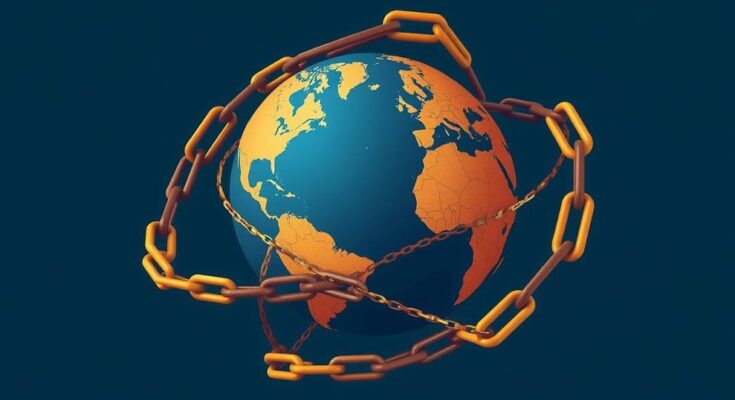In a significant move reflecting global concerns for human rights, the United Nations Human Rights Council has adopted a resolution to extend the mandates of both the UN Special Rapporteur on Iran and the Independent International Fact-Finding Mission (FFM). This decision comes amidst increasing evidence of human rights violations and the ongoing persecution of the Bahá’í community, the largest religious minority in Iran. The resolution broadened the FFM’s mandate, enabling it to investigate all human rights abuses rather than just those linked to the 2022 uprisings.
The resolution garnered 24 votes in favour, with 8 against and 15 abstentions, signalling a collective international cry for action. It specifically condemns Iran’s systematic discrimination against ethnic and religious minorities, particularly the Bahá’ís, who are not recognised under Iranian law. The resolution demands an end to the repression of these communities and highlights alarming acts of arbitrary detention and violations of religious freedoms.
Simin Fahandej from the Bahá’i International Community remarked, “The international community has… adopted two international mechanisms for three years in a row… show[ing] the true gravity of the human rights violations taking place in Iran.” Brazil, among other nations, echoed these concerns during the session, stressing the continued repression faced by women, human rights defenders, and religious minorities in Iran, including the Bahá’ís.
In a powerful dialogue prior to the session, multiple countries highlighted the plight of Bahá’ís, with the UK stating that they are subject to systemic targeting and repression. Various nations voiced their support for the Bahá’í’s right to religious freedom, reinforcing the collective commitment to uphold human rights in the region.
The Bahá’í community has endured relentless persecution since the 1979 Islamic Revolution, suffering from a systematic deprivation of rights under a 1991 memorandum initiated by the Supreme Leader. Reports indicate acts of torture, arbitrary arrests, and discriminatory policies affecting education and employment. Notably, women within this community face intensified persecution, as highlighted in recent UN reports detailing alarming instances of arrest and detention.
Special Rapporteur Mai Sato’s report revealed that two-thirds of the imprisoned Bahá’ís are women, with many being denied due legal process. With Iran’s claims of respecting Bahá’í rights contradicted by severe punitive measures, international observers are calling for urgent action against such violations. Furthermore, Nazila Ghanea, addressing the misinformation regarding the treatment of Bahá’ís, asserted, “Hundreds of Bahá’í cemeteries… have been destroyed, burnt… over decades.”
Both Sato’s and Ghanea’s reports collectively call for increased accountability and legal protections to combat the ongoing discrimination against the Bahá’i community. This recent resolution marks a vital step towards addressing these grievous human rights violations and highlights the international community’s growing resolve to support religious freedom in Iran.
The UN Human Rights Council has extended the mandate of the Special Rapporteur on Iran and the Fact-Finding Mission, highlighting ongoing human rights violations, especially against the Bahá’í community. With 24 countries voting in favour, the resolution condemns systematic discrimination, arbitrary detentions, and violations of religious freedoms. Notable concerns regarding the intensified persecution of Bahá’í women were articulated by several nations, and both UN Special Rapporteur reports underscore the urgent need for international accountability and legal protections.
The recent resolution by the UN Human Rights Council signifies a crucial recognition of the gross human rights violations faced by the Bahá’í community in Iran. By extending the mandates of both the Special Rapporteur and the Fact-Finding Mission, the international community is mounting pressure on Iran to address its systemic discrimination and persecution. As the world unites in advocating for justice, the spotlight remains on Iran, calling for accountability and the essential respect of universal human rights.
Original Source: pacific.scoop.co.nz



